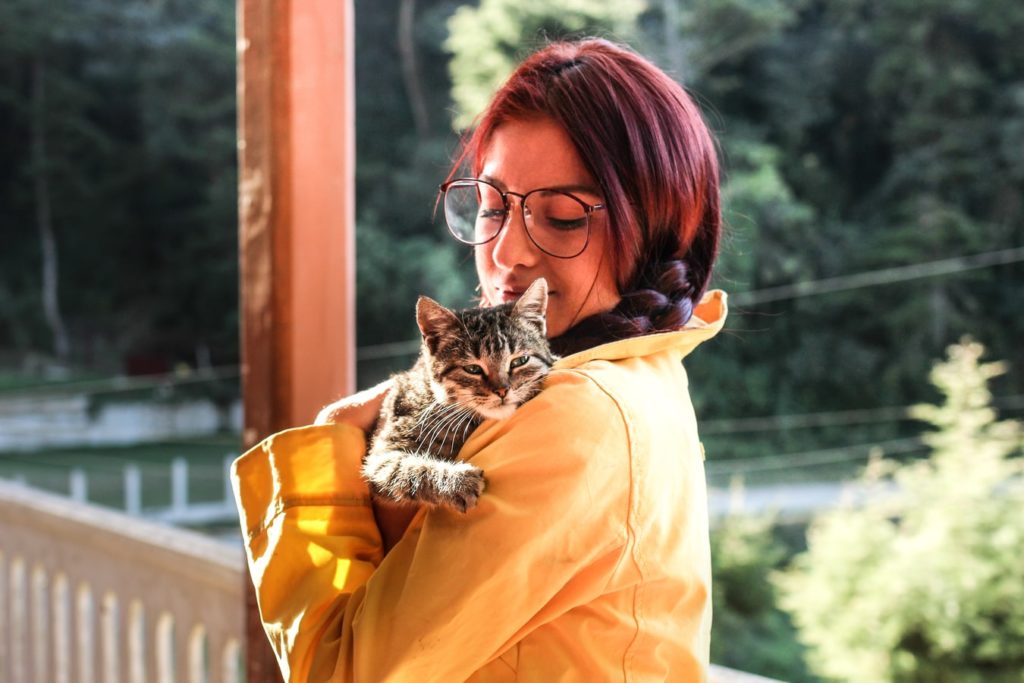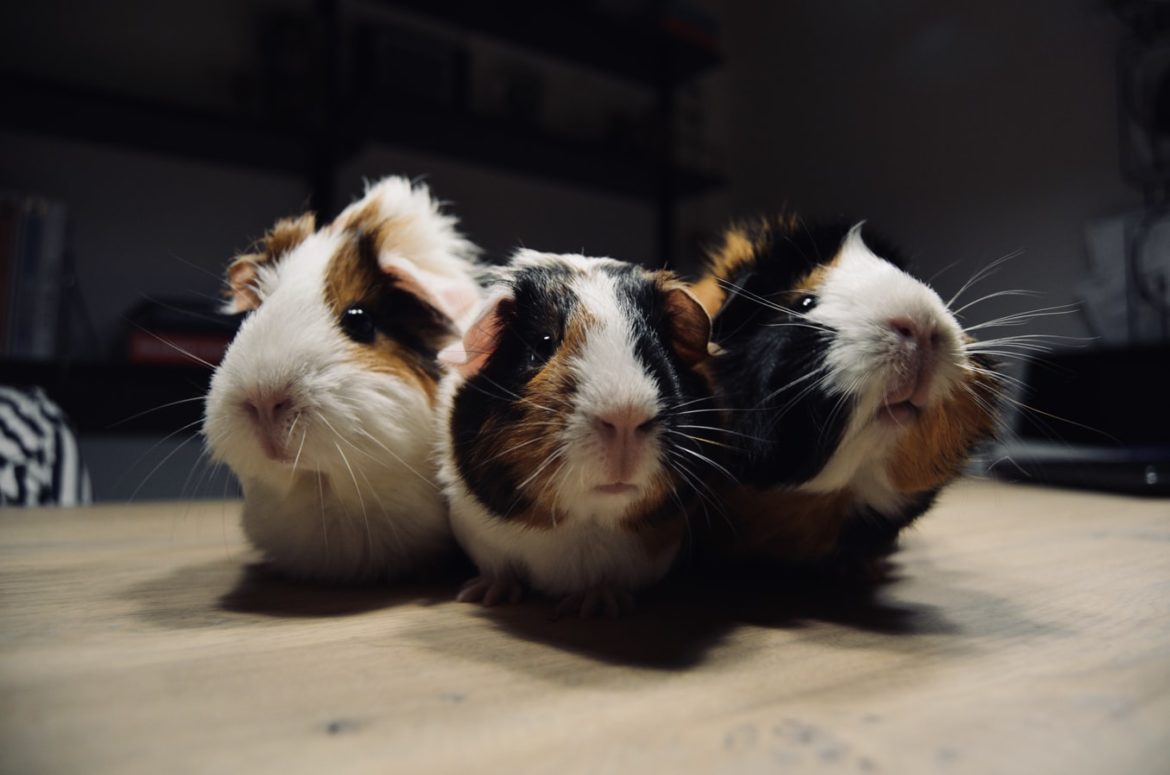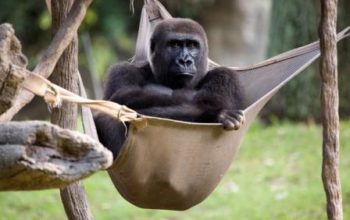Smaller pets may be just the furry friend you are looking for without posing the long-term commitment and higher costs.
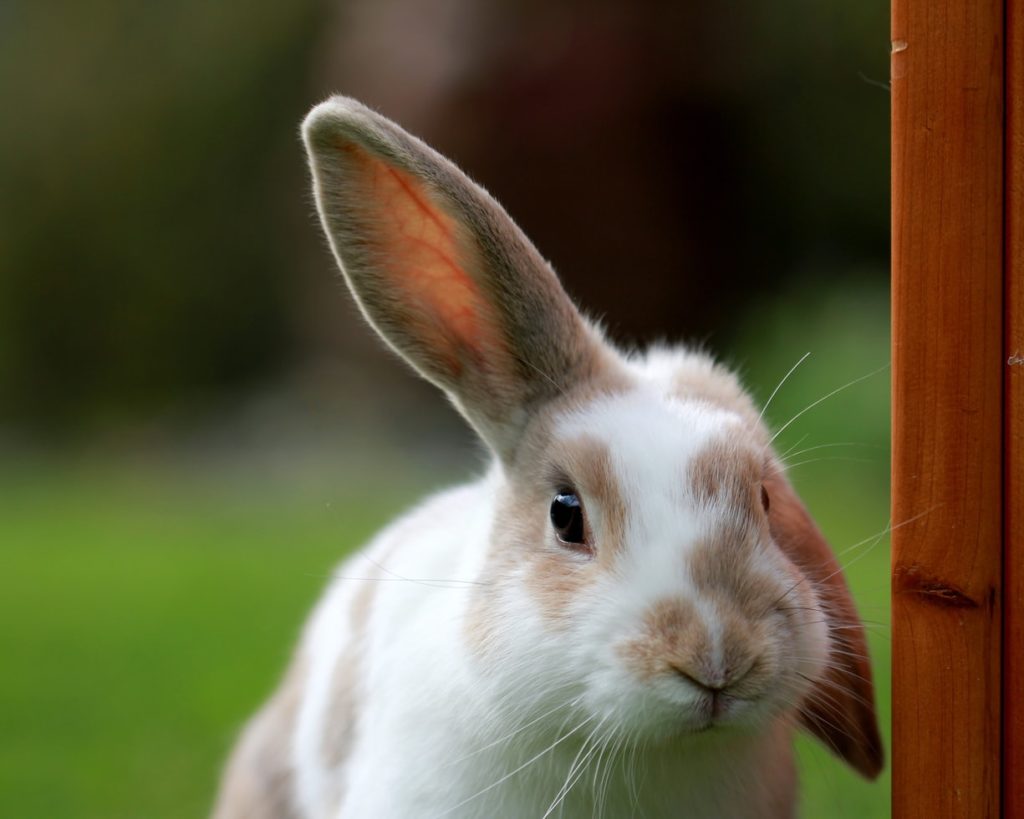
The following written content by Julie Peterson
People think rabbits are quiet carrot-munchers, but they’re much more. Like many other small furry mammals, pet rabbits are expressive, intelligent and enjoy spending time with their humans.Shana Cobin, a veterinary technician from Foster, Rhode Island, points out that just like dogs and cats, each rabbit is unique. Having had four house bunnies at different times, Cobin enjoyed getting to know each one. “They can be quite entertaining with their playful antics. My first rabbit, Koko, would come to me and lick my face,” says Cobin. “She also made a purring sound for me, which they actually make by grinding their teeth.”
Small and Sweet
For first-time pet owners, veterinarians often recommend pets smaller than dogs or cats. These can include a variety of rodents such as hamsters, gerbils, rats and mice, although guinea pigs usually top the list for their general durability, especially with children. Smaller pets can be the furry friend that a family may long for without posing the long-term commitment and higher care costs of a dog or cat.
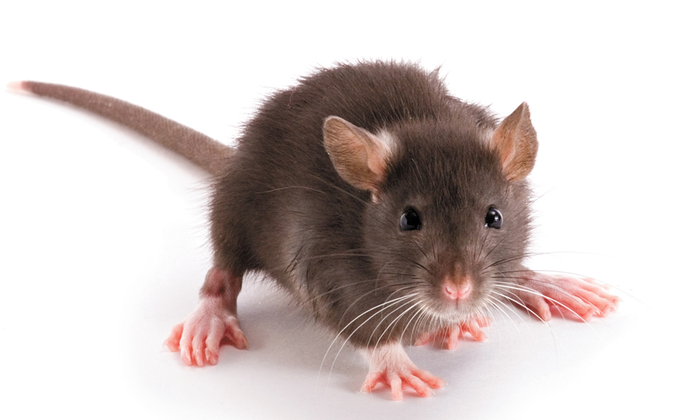
For those that prefer a small furball that isn’t a rodent, a rabbit may be appropriate. “House bunnies are curious and very smart, which can be both terrific fun and problematic,” says Cobin, noting that “house-bun” curiosity, coupled with an intense need to chew, can wreak havoc on cords and other items within reach. “They always have to chew to keep their teeth filed down, but that’s why you give them appropriate things to chew.” Ferrets, members of the weasel family, are also intelligent, and like rabbits, can be trained to use a litter box.
Buyer Beware
Just because small animals seem simpler to care for, it should be noted that their health depends on specific diets, bedding, housing, exercise and grooming. Rabbits, for example, have delicate digestive systems. “Feeding the right diet is extremely important,” advises Cobin. “A bunny’s primary diet should be hay, which helps grind down their teeth and is good for their digestion. Dark, leafy greens are also good.” As for carrots, Cobin says half of one is the most one rabbit should have in a day. Read more from Natural Awakenings.
Subscribe here
